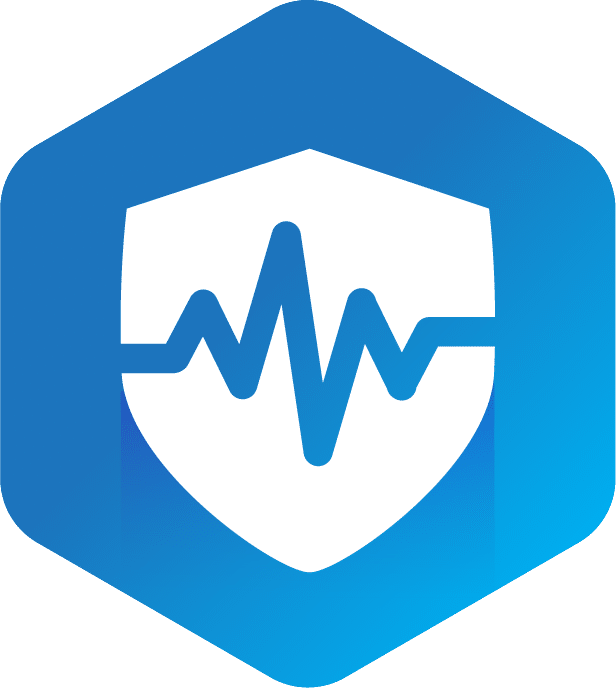Are you a naturopathic doctor wondering if the Health Insurance Portability and Accountability Act (HIPAA) applies to your practice?
Or perhaps you’re a patient curious about how your health information is protected.
Although naturopathic doctors don’t typically transmit healthcare data electronically or bill insurance companies, they should still prioritize patients’ privacy.
It’s worth noting that while HIPAA may not directly apply, state privacy laws could still impact these practitioners.
Moreover, ethical guidelines advocate for respect of patient confidentiality and responsible handling of sensitive information.
In this article, we’ll delve into the ins and outs of HIPAA, who it covers, where naturopathic doctors stand in relation to being covered entities under HIPAA, relevant state privacy laws, and ways to safeguard patient information.
You’ll gain clarity on how privacy regulations affect the world of naturopathy- whether you’re a practitioner or a patient.
You might be wondering if HIPAA applies to naturopathic doctors, so let’s dive deeper into understanding this federal law and its impact on alternative health practitioners.
HIPAA, or the Health Insurance Portability and Accountability Act, is a set of regulations that primarily governs healthcare providers who electronically transmit health information. As a naturopathic doctor, you may not fall under the umbrella of ‘covered entities’ as defined by HIPAA.
However, don’t think that means HIPAA compliance isn’t important for you! Even though you may not be subject to all of the same rules as traditional healthcare providers, it’s still crucial to protect your patients’ health information. The ethical responsibility and potential state-specific laws require diligence in handling sensitive patient data responsibly.
Just like traditional healthcare providers, naturopathic doctors may fall under the category of ‘covered entities’ if they electronically transmit health information in connection with certain transactions such as billing insurances. Here’s what you need to know:
Stay informed about these aspects when choosing a healthcare provider!
Let’s dive into the question of whether naturopathic doctors are considered ‘covered entities’ or not.
It all depends on how they operate. If a naturopathic doctor electronically transmits health information in connection with certain transactions like billing insurance companies, HIPAA applies to them as they would be deemed a ‘health care provider’. However, if they don’t engage in such electronic transmissions, then technically, HIPAA regulations may not directly apply.
Regardless of this distinction, it’s important for any health professional to ensure privacy and security for their patients’ details. Even when HIPAA might not explicitly cover them, maintaining confidentiality should still be at the heart of their practice both ethically and legally.
Even if federal laws like HIPAA don’t cover your practice, don’t forget that state privacy laws could still hold you accountable for protecting patient information.
As a naturopathic doctor, it’s essential to understand the requirements of these laws. While they may not be as comprehensive as HIPAA privacy standards, they can still significantly impact how you handle patient data.
For instance, some states have stringent regulations around maintaining and disclosing health records, even for non-traditional health care providers. So while your practice might not fall under HIPAA jurisdiction, you’re not exempt from ensuring patient privacy.
It’s critical to stay informed about the specific state privacy laws applicable to your area and adhere to them diligently in your practice.
As an alternative health practitioner, it’s crucial for you to prioritize protecting your patients’ information as a part of your professional responsibility. Regardless of whether HIPAA applies directly to your practice, handling protected health information with care is essential.
Here are some steps you can take:
Prioritizing this aspect will not only help you become more HIPAA compliant but also enhance your professional credibility.
How do HIPAA regulations affect patient privacy?
HIPAA regulations ensure that patients have control over their health information. It sets standards to protect the privacy of individually identifiable health information held or transmitted by health care providers and other entities.
What is a Naturopathic Doctor?
A Naturopathic Doctor is a licensed healthcare professional who utilizes natural therapies and non-invasive approaches to promote wellness and prevent illness. Privacy laws also bind them, and they need to comply with HIPAA regulations.
What is a medical record?
A medical record is a collection of a patient’s pertinent information, including medical history, diagnoses, treatments, and other health-related details. It is protected under HIPAA to ensure confidentiality.
What is considered as protected health information (PHI)?
Protected health information refers to any individually identifiable health information that is held or transmitted by a covered entity or business associate. This includes demographic data, medical history, test results, and other information about an individual’s health condition.
What is a breach under HIPAA?
A breach under HIPAA is an unauthorized acquisition, access, use, or disclosure of protected health information that compromises its security or privacy. If a breach occurs, it must be reported and addressed according to HIPAA guidelines.
Who are business associates under HIPAA?
Business associates are individuals or entities that perform certain functions or activities on behalf of, or provide services to, covered entities. They are also required to comply with HIPAA regulations to protect patient information.
What are the consequences of HIPAA violations?
Violations of HIPAA regulations can result in severe penalties, including monetary fines and criminal charges. The Department of Health and Human Services (HHS) enforces HIPAA compliance and takes action against violators.
So, while HIPAA may not directly apply to you as a naturopathic doctor, it’s vital to understand your obligations under state privacy laws.
Even if you’re not considered a covered entity, prioritizing patient privacy is crucial. It’s not just good ethics; it might also be required by law.
Always strive to protect and respect your patients’ information—it’s part of providing excellent care.

